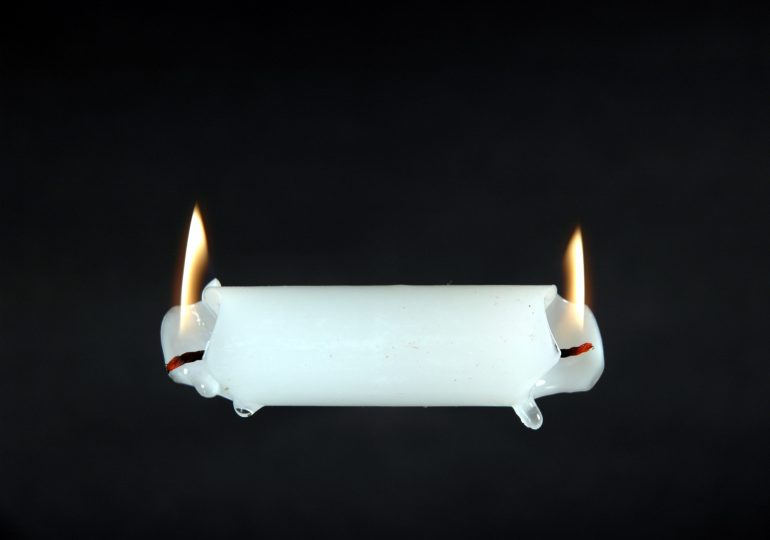For most of us, one of the fastest ways to wake up on the wrong side of the bed is to not spend enough time in it. Researchers have spent decades trying to understand exactly how and why losing sleep makes us feel so “off,” and a new analysis of more than 50 years worth of data has allowed researchers to tease apart the interactions between sleep deprivation and emotion. It’s the first large-scale study of its kind to explore the connection between the two since 1996, and provides a more nuanced picture of how our nocturnal routines and our feelings interact.
[time-brightcove not-tgx=”true”]
“Back in 1996, there were so few studies that looked at sleep and daytime functioning, and since then, the field has absolutely expanded,” says Jo Bower, a lecturer and researcher at the school of psychology at the University of East Anglia, in the U.K. Today, there’s enough data for researchers like Bower to compare the effects of different types of sleep deprivation, such as staying up late, sleeping for shorter than a typical amount of time, and waking up periodically throughout the night.
In her new study, published Dec. 21 by the American Psychological Association, Bower and her colleagues at institutions in Texas, Colorado, and Montana found all three types of sleep loss increased feelings of emotional numbness and symptoms of anxiety, while decreasing positive emotions such as happiness and contentment.
Positive emotions suffer
The team analyzed data from 154 studies that included 5,715 total participants. “We looked at everything that they reported in those studies,” says Bower, “and what was strongest and most consistent was an impact on positive moods.” After sleep loss, people were much more likely to report feeling less happy, excited, or content than they were to report feeling more angry or anxious. “We thought that was really interesting, because, intuitively, if you talk to someone [who hasn’t slept], they’ll quite often say they’re more grumpy or they’re more sad or they’re more irritable,” Bower says, “but actually, the evidence suggests that it’s these positive emotions that suffer.”
In many study participants, this appeared as a sort of emotional numbing and loss of pleasure, an effect that began to show up even in the most mild cases, like when people stayed up just an hour or two later than usual. Participants seemed to react more negatively to experiences after losing REM sleep in particular, suggesting that the different neural processes involved throughout the sleep cycle could affect daytime emotions in different ways.
Read More: How to Stop Catastrophic Thinking at Bedtime
The most variability that Bower and her team saw was in participants with clinical depression. Among this population, sleep deprivation made some peoples’ symptoms worse, but it made others’ better. “You have this subgroup of people, where actually, if you keep them up all night, they report clinically meaningful reductions in their depression symptoms,” says Bower. She believes this may be attributable to the same experience of emotional “blunting” that robs other overtired people of their ability to feel positive emotions as fully.
Although many of the studies included in the review were conducted on college students, the team did find some initial evidence that the emotional effects of sleep loss becomes stronger as we age. Bower hopes her findings open up opportunities to study sleep loss and emotion in older populations, given how well-documented it is that sleep patterns change significantly throughout the life span.
The risks of sleep loss can be tricky for researchers to communicate to the public, in large part because people often don’t realize they’re impaired by it, says Bower. The cognitive consequences of sleep deprivation, such as memory impairment and poor attention capacity, are well documented, but when you ask someone who’s sleep deprived what their memory is like, “they’ll tell you that it’s good as it always is,” she adds. “I suspect that a similar thing is happening with our moods.” Her best advice is to treat sleep like you would any other element of a healthy lifestyle—and remember that if you’re feeling a little spaced out or cranky, it never hurts to tuck in early.
Leave a comment
















